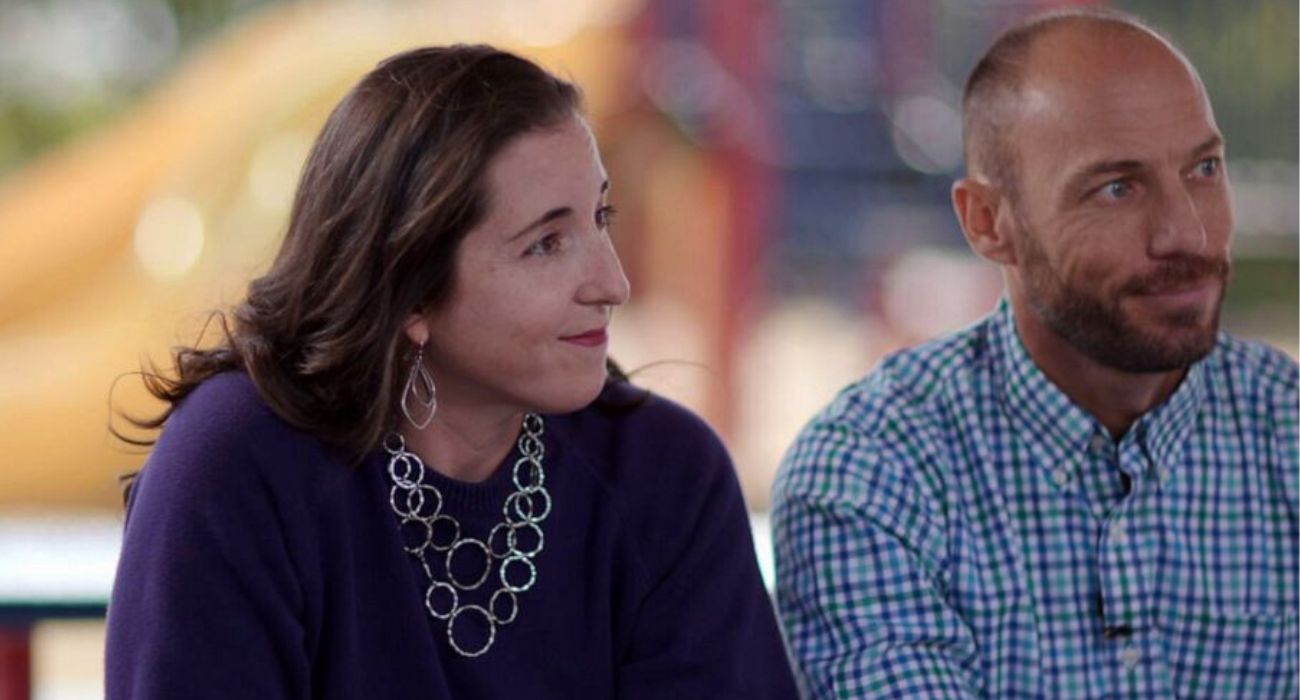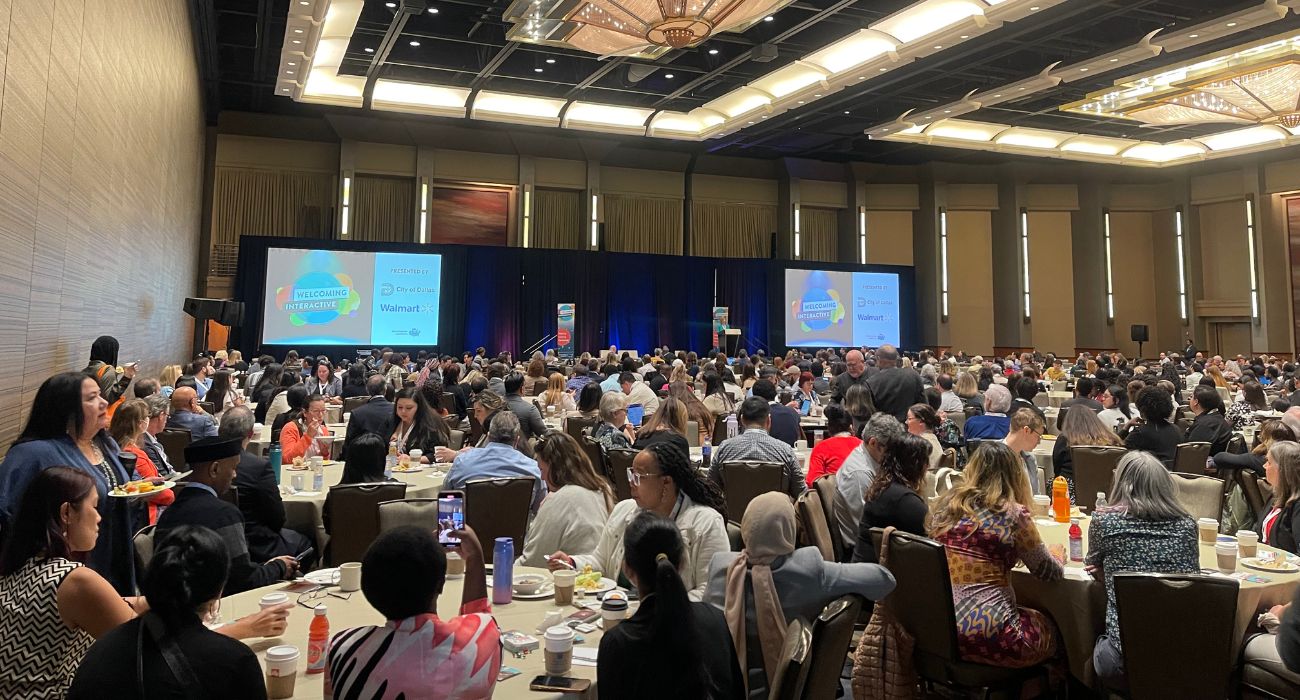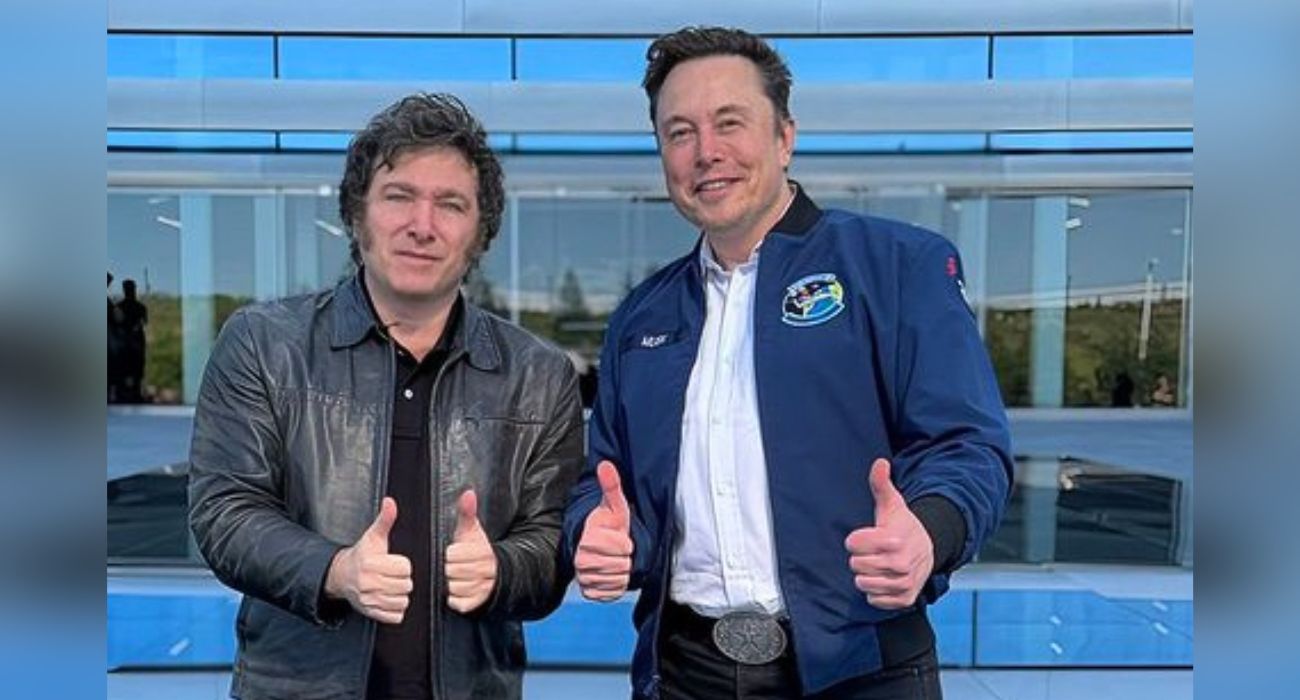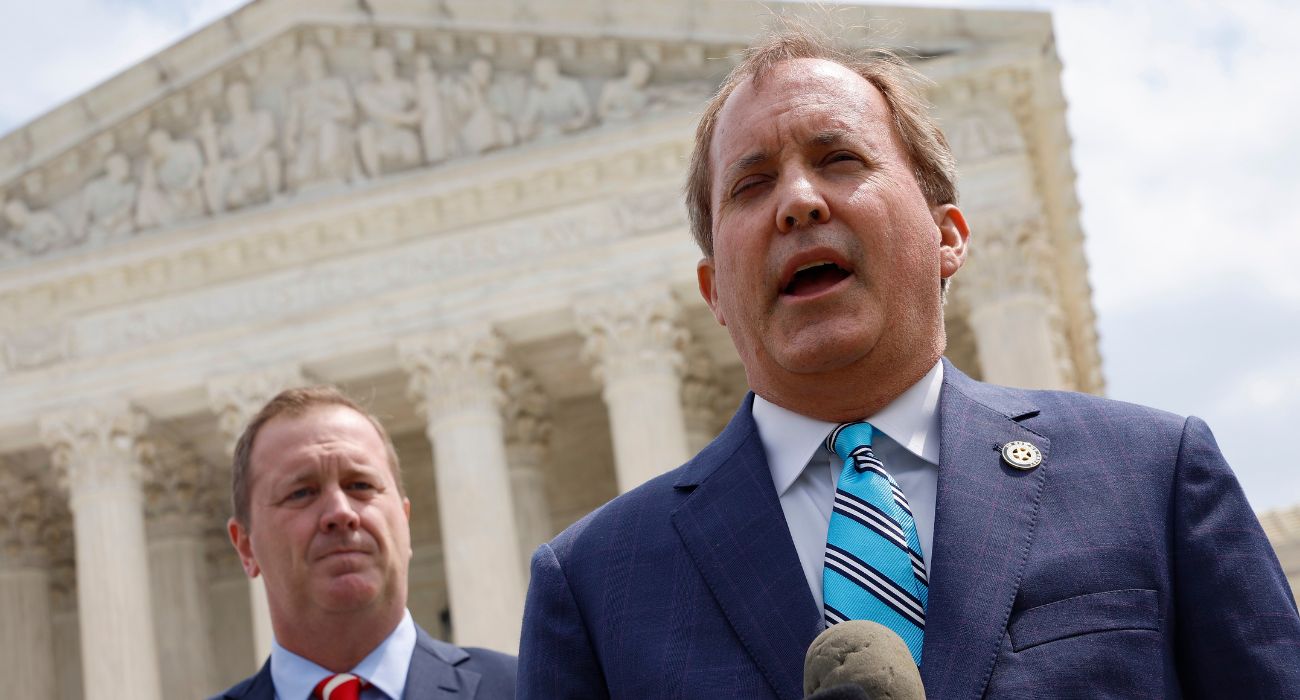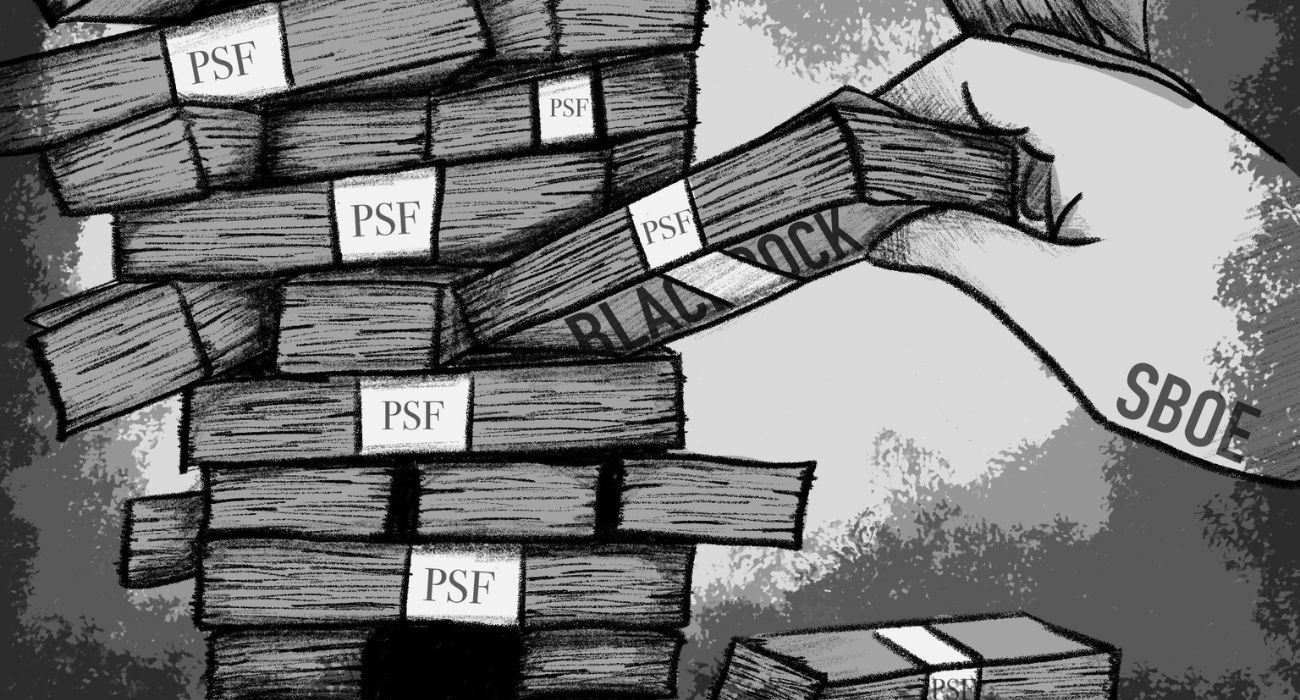A Fort Worth family appeared before the U.S. Supreme Court to challenge a federal adoption law.
Chad and Jennifer Brackeen adopted a Native American child after taking him in through a foster program in 2016, though the Navajo Nation wanted him to be placed with unrelated tribal members.
While the adoption of the child was eventually successful, the Brackeens now face further legal challenges in their attempts to adopt his sister. They attribute the difficulty in both cases to the Indian Child Welfare Act (ICWA).
The Indian Child Welfare Act was enacted in 1978 to protect Native American children in state custody proceedings and clarifies federal requirements for the adoption of a Native American child. It prioritizes placing children with extended family members, tribe members, or with another Native American family.
There are exceptions for “good cause,” but this is not defined.
“In December, we have a court hearing for the adoption of our son’s sister, and if we lose, she could be taken away,” said Mrs. Brackeen.
Their case, Haaland v. Brackeen, combined litigation from multiple families living in multiple states, including other families in Texas.
Jason and Danielle Clifford filed a lawsuit in Minnesota state court after taking in a 6-year-old girl who was a member of the White Earth Band of Ojibwe in 2016.
The child’s biological mother and father had lost their rights due to drug use. The Cliffords later lost custody of the child to her grandmother due to the Indian Child Welfare Act and support from the tribe.
Challengers of the law claim that it is unconstitutional because it is based on race instead of the status Indian tribes and their members have with the federal government.
They also argue that it violates the 10th Amendment by “commandeering states,” requiring state agencies to bear the financial burden of providing testimony to justify placing Native American children in the foster care system.
“Congress’s racial discrimination is ‘most evident’ in ICWA’s third placement preference … which bluntly favors any ‘Indian famil[y]’ from any of 574 tribes over any non-Indian family,” said the Brackeens’ lawyers in a brief.
Multiple tribes stepped in to defend the law, such as the Navajo, Cherokee Nation, Oneida Nation, Quinsalt, and Morongo Band of Mission Indians. The Cherokee Nation warned that the case would undermine their sovereignty if the Brackeens win.
“If our sovereignty is eroded because of this case, we’re going to have a setback that will take generations to repair,” claimed Chuck Hoskin Jr., principal chief of the Cherokee Nation. “If we can repair it at all.”
Some tribes argued that their children are key to their continuation as political entities and that their unique status means legislation directed at the tribes isn’t race-based, according to Fox News.
“You start losing who you are. You start assimilating into the general population,” said Pascua Yaqui chairman Peter Yucupicio, according to The Washington Post.
“Then someday they’re going to wake up and say: ‘I’m tribal. How do I get back to being tribal? That’s what I was supposed to be,’” he continued.
The Supreme Court is expected to issue a ruling in Haaland v. Brackeen in spring 2023.

